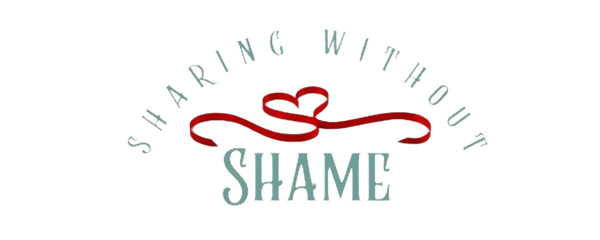
Stage 1 – Paranoia:
Paranoia causes parents feelings of uncertainty of what to believe and what not to believe. Many parents repeat the nightmare of their child’s active addiction in their heads which makes it difficult for them to live their lives and to trust again. Parents snoop; they live in fear and constantly are checking in on their adult children. Paranoid thoughts and actions aren’t healthy for anyone.
Stage 2 - Cautiously Optimistic:
You want to trust. You may feel like you’re faking it ‘til you make it. You’re starting to leave your jewelry out on the dresser again (not the expensive pieces). You may leave your purse in the kitchen while your child is home. You’re not interrogating your child with questions. You’re watching your child rebuild his/her life (probably not as quick as you would like), and you’re biting your tongue rather than trying to control everything. Worry still fills a parents head because trust isn’t natural yet.
Stage 3 –Optimistic:
You are seeing positive changes. Your child is not only talking the talk, you see your son/daughter doing the necessary work of recovery. Your loved one is improving, you can tell because your child’s eyes are brighter and he/she appears happy. Your child answers the phone when you call, shows up on time and gets up and goes to work every day without you having to push your son/daughter.
Stage 4 – Confidence:
You know your loved one is healthy. You know he/she has the tools and the resources to continue in his/her recovery. You feel confident that your son/daughter is taking his/her recovery seriously, you will see that they are accountable to their actions and words. This stage is about accepting the reality that your child will always have a substance use disorder – even if they are not in active addiction.
When my son’s behavior coincided with his words, I could believe him, it's really just that simple!
